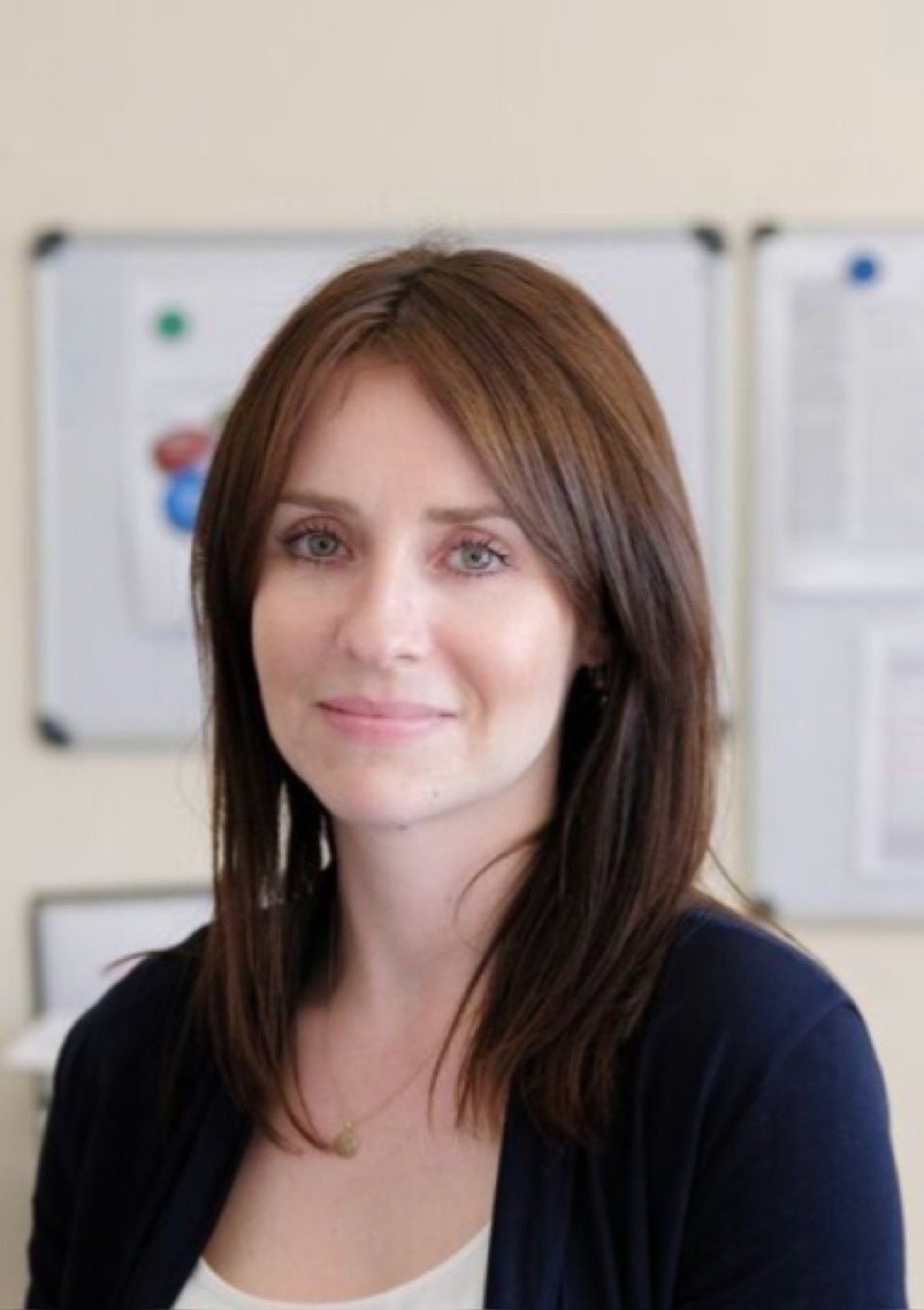
15 May 2025
We want to see the child in every adult and the adult in every child.

This was a crucial conversation during the development of the Royal Foundation Centre for Early Childhood's 'Shaping Us' Framework. It was a privilege to be part of this project. However, it also means that I need to make sure we are committed to this in our work with both children and adults at The Forward Trust.
But why is this so important?
Because no child, when asked what they want to be when they grow up, dreams of being homeless, being addicted or serving a prison sentence – and we need to keep reminding ourselves of that in order to do the best job we can.
Every child deserves to be nurtured in a way which enables them to develop the social and emotional skills needed to help them thrive in adulthood. However, all too often, the people we support have experienced significant adversity in childhood.
Research has consistently told us over decades that the more adverse childhood experiences (ACEs) present, the more likely it is that a child will go on in later life to develop an addiction, have severe mental ill health, serve a prison sentence, or die by suicide.
These are shocking and devastating statistics. However, research on positive childhood experiences has also shown that the presence of protective factors, such as a sense of belonging at school, supportive friends or at least one caring adult in a child’s life, can reduce the impact that childhood adversity has by as much as 75%.
The power of being supportive and supported, of being caring and cared for, is therefore something we should never forget or underestimate. Even when times are tough, there is still hope of a better future with the right environment and connections around us.
This phrase and what it stands for is now used as a thread running throughout our family support workforce development programme. Whether we are working with children, adults or whole families, we make a conscious and determined effort to see the child in every adult and the adult in every child.